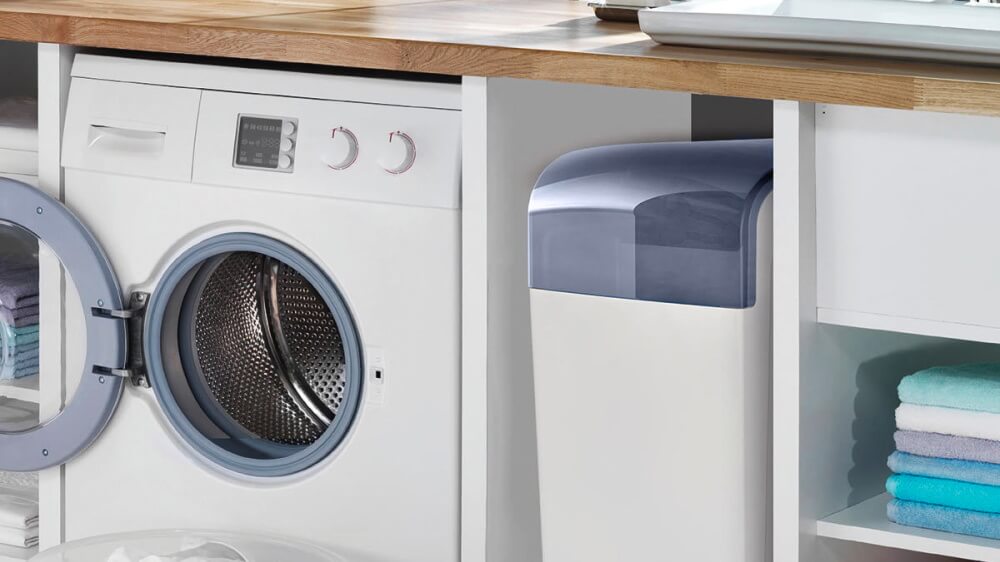Are you thinking about installing a water softener system? Do you live in a hard water area? In this article, we’ll cover the most frequently asked questions, and provide you with the answers you need to help you decide if it is the right choice for your family home.
What is Hard Water?
It is the number of minerals found in water that determines its hardness. The more minerals, the harder it is. In the UK, much of our groundwater passes through sedimentary rocks such as chalk, limestone, and sandstone on the way to underground aquifers, making it rich in minerals such as calcium and magnesium. For this reason, more than 60 per cent of British water is hard water.
Why Is Hard Water Bad?
Hard water contains calcium and magnesium, minerals essential to good health, and it's perfectly safe to drink. But due to its high mineral content, it creates limescale and can cause problems in the home.
When limescale builds up, it can damage plumbing systems by blocking pipes and damage heating systems by clogging up elements. It can also significantly reduce the lifespan of household appliances such as kettles, washing machines, and dishwashers. It dries the hair and skin, and it can breakdown fibres in our clothes and linens during the washing process. For this reason, many homeowners choose to install a water softener system to solve their hard water problems.
What Is A Water Softener?
A water softener is a tank connected to your home plumbing system. When mains water passes through a water softener, a process called ion-exchange occurs, and limescale-causing minerals calcium and magnesium are eliminated using harmless sodium ions.
What Is The Difference Between A Water Softener And A Water Filter?
Water filters purify drinking water by removing impurities, bacteria, and pollutants. Generally fitted under the kitchen sink, water filters improve the taste and smell of tap water.
Water softeners remove minerals from groundwater to reduce or even eliminate the effects of limescale. It is a more complex system that requires a single or double cylinder tank installed as part of your plumbing system.
What Are The Benefits Of Water Softeners?
Some of the many benefits when using a water softener system include:
1. Improved hair and skin health
2. Reduced energy bills
3. Cleaner kitchens and bathrooms
4. Softer laundry
5. Longer-lasting household appliances
6. Savings on cleaning products and detergents
7. Less plumbing and heating system repairs
How Much Do Water Softeners Cost?
Water softener prices vary depending on the size of your home and the unit you need. As a guide, prices start at around £300 and go up to £3,000 plus.
Are Water Softeners Expensive To Run?
Reports suggest that water softeners increase annual water bills by as much as 10 per cent due to water wastage during the regeneration process. However, as they improve heating system performance, you will likely cover that increase with savings on your fuel bills. The only other expenses are rock salt, which you will need to top up regularly, and annual servicing of the unit.
Is Softened Water Safe To Drink?
While most softened water is perfectly safe to drink, it does contain more sodium (salt) than hard water, and it may not be suitable for very young children, those with high blood pressure, or anyone following a low-sodium diet. Softened water should not contain more than 300mg of sodium per litre, so please check this with your water softener provider.
If hard water is causing problems in your family home, a water softener system could be the perfect solution. Contact your local provider for more information on the options available.
